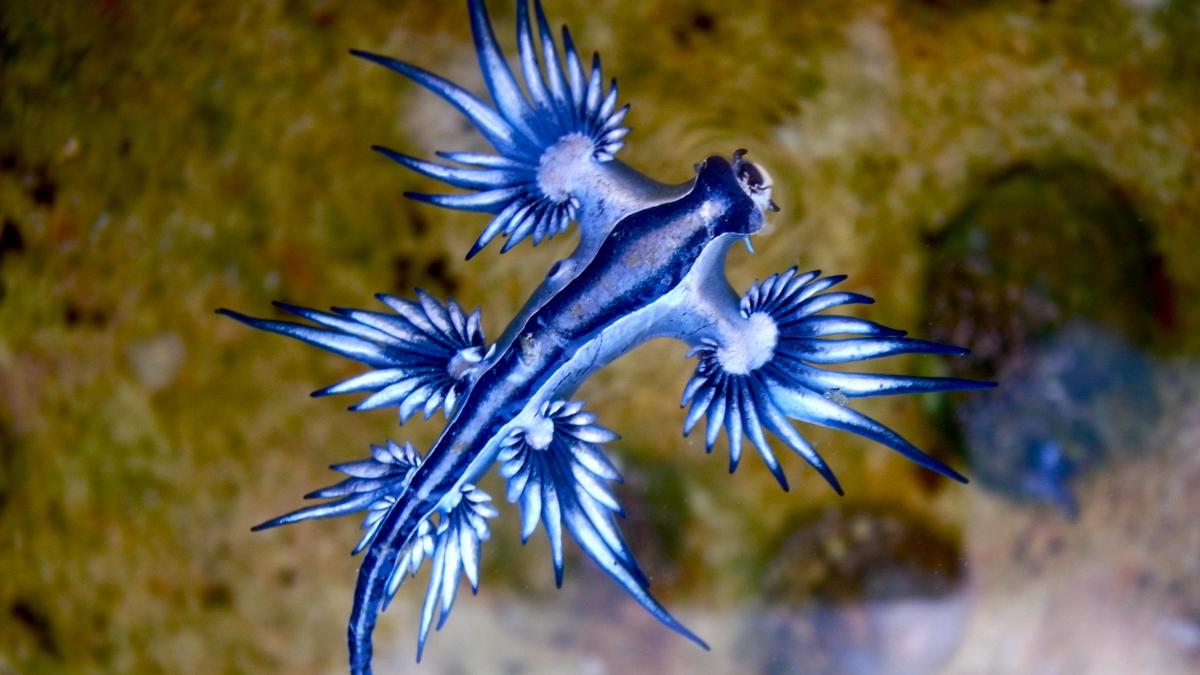Canary Islands Government Urges EU to Differentiate Between Adult and Minor Migrants

SANTA CRUZ DE TENERIFE, 15 September. (EUROPA PRESS) –
The Canary Islands Government has reinforced its request to the European Union this Monday to differentiate between adult and minor migrants regarding the reception of funds and the deployment of Frontex in the waters surrounding the islands. This is aimed at detecting canoes almost upon their arrival on land.
President Fernando Clavijo shared this with journalists ahead of a meeting with a delegation of MEPs visiting the archipelago, led by the Chair of the Petitions Committee, Bogdan Rzonca.
Clavijo praised the visit, highlighting that European institutions are closer to the Canary Islands than the Spanish state itself. He insisted on the need to maintain the “battle” for clarity on the status of minors and adults, stressing that funds are sent to a member state without discrimination. Given the “failure” of the government’s foreign policy, it is crucial to ensure “dignified care” for migrants.
According to Clavijo, the Canary Islands require additional funds to support unaccompanied minor migrants. Spain has received 560 million euros so far, and despite the 50 million euros agreed upon last year, alongside this year’s allocations, “not a single euro” has reached the islands as the resources are sent from the EU to the member state.
He condemned the “injustice” of the Canary Islands having spent 192 million euros last year from its own funds to support minor migrants, with over 130 million euros already spent this year. “We do not believe this is fair,” he remarked, nor should they have to wait for the Supreme Court, as happened with asylum seekers.
Clavijo acknowledged the need to bolster the “protection” of the islands through Frontex deployment but did not wish to link immigration with crime, stating that “there is no direct correlation,” although it is “evident” that boats arrive undetected until a “neighbour or 112 is called.”
“We do not find this normal,” he explained, while expressing gratitude for the “magnificent work” carried out by Maritime Rescue and the state security forces.
The Deputy Prime Minister, Manuel Domínguez (PP), thanked the MEPs for visiting to “experience” the reality of irregular immigration in the Canary Islands, and emphasised that it should not be seen as a local phenomenon but rather a global issue for the EU.
“We need the EU,” he stated, and in that context, he emphasised that there should be a greater Frontex presence in the islands. He cited the resulting “lack of security” following the arrival of a tuna boat carrying five migrants, one of whom was a minor, which ran aground off the coast of Lanzarote, causing environmental concerns.
Domínguez advocated for the migration phenomenon to be addressed “as it deserves,” asserting that the Canary Islands should feel “safe” as they are part of the EU. He questioned whether Frontex would maybe be operational if the archipelago were part of the mainland.
Domínguez acknowledged that the central government needs to request Frontex deployment but believes the EU itself should “urge” the current government to take joint actions.














